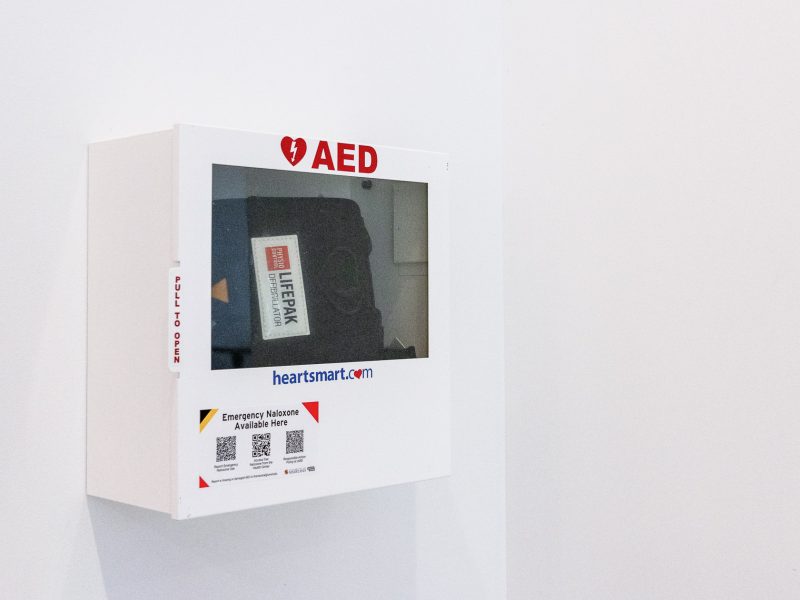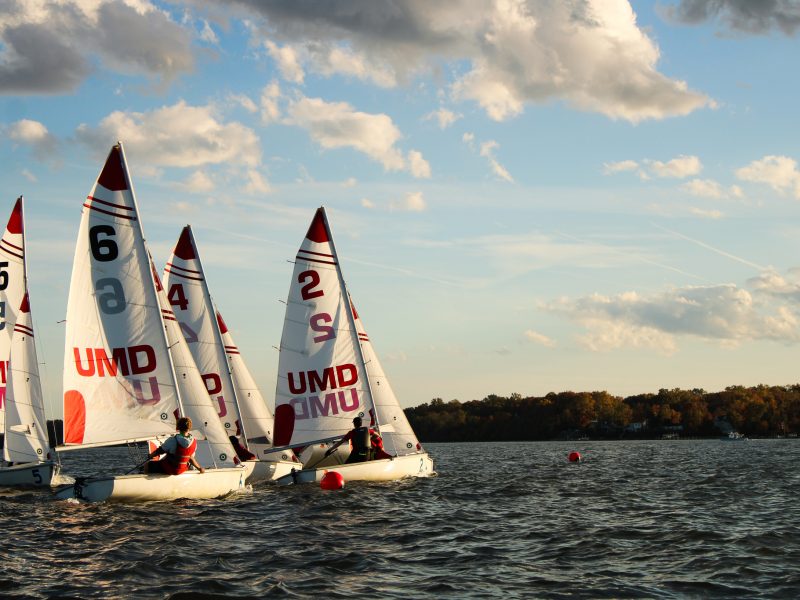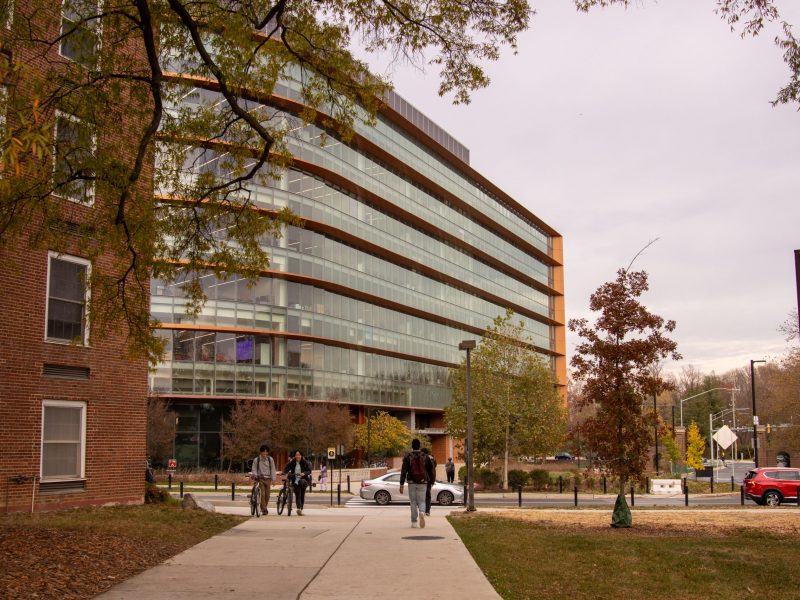By the end of this semester, the Student Facilities Fund will finance two napping pods at McKeldin Library. The committee finalized support for this project and seven other student initiatives Dec. 15.
McKeldin Library aims to have them installed before finals, University Libraries spokesman Eric Bartheld said.
Student Facilities Fund Subcommittee chair Noah Eckman, a sophomore chemical engineering major, said the committee in charge of reviewing petitions and disseminating funds was formed last semester. This is the first semester its decisions will go into effect.
The committee spent almost $22,000 on the pods, Eckman said, a fraction of the nearly $3 million Student Facilities Fund budget, which students contribute to by paying a $9 auxiliary fee every semester as part of tuition.
[Read more: Sleepy UMD students could be getting napping pods in McKeldin Library]
Warren Kelley, a representative for the Facilities Advisory Committee that works with the Student Facilities Fund Subcommittee, said this initiative creates a unique opportunity for students to bring their own ideas to improve the campus.
“I don’t know that I would ever have thought of napping pods,” Kelley said. “It’s an example of what this fund was meant to do — to kind of tap into the democratic creativity of these students.”
Eckman said he will definitely test out the napping pods after they are installed.
“It’s a fun idea,” Eckman said. “It’s something that we had a lot of feedback about after the first story ran, and it was kind of something where it’s not a huge cost. We have the resources to get it done.”
Bartheld has been overseeing a student proposal to install two MetroNaps EnergyPods in the coming semester. He said the library has repeatedly heard proposals to make resting there easier, but this was the most thought-out and feasible.
“Students work hard and study hard, and need to re-energize, and it’s not uncommon to see them with their heads on the table or napping on a couch,” Bartheld said. “One year, I know students even smuggled a sleeping bag into one of the group study rooms. Anything goes during finals.”
The pods wouldn’t only benefit students pulling all-night study sessions. Commuters also see value in having a place to rest between classes.
Senior studio art and Japanese major Kaitlyn Taylor said she would happily pay $10 a semester — despite the fee being $9 — to have a place to rest.
“I live an hour away, so I can’t just run to my house, take a nap and then come back — so personally, I would love that,” she said.
Sophomore criminology and criminal justice major Alizah Husain, a commuter, said she was dependent on the bus schedule, and her only napping options during the day were in her friends’ dorm rooms.
[Read more: A napping center could be coming to the University of Maryland thanks to an SGA proposal]
She said although she wouldn’t normally want to pay to be able to rest, “it’s really not a lot. It’s like the cost of MobLab or something — like those apps for clickers.”
With only two units, and a time limit of 20 minutes, the pods aren’t meant to solve the breadth of the problem of sleepy students in the library — and Eckman said the cost of buying additional pods would likely fall on the library, rather than the Student Facilities Fund. Bartheld said McKeldin wanted to see success with this pilot run before determining whether or not to expand the initiative.
“Student feedback would be critical,” Bartheld said. “We want to make sure that the process works well. The plan now is for them to be rather self-regulated, so it would be important for us to know that students are respectful, not only of the equipment, but of the process — and not staying in them too long.”



